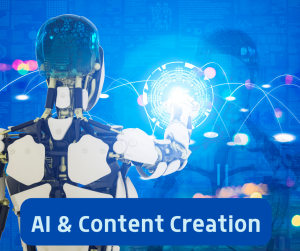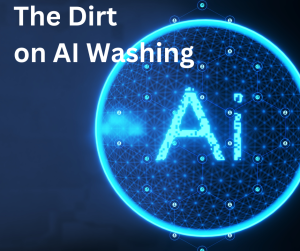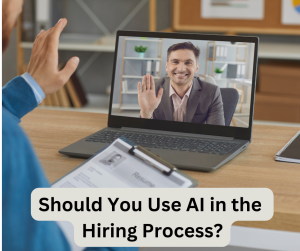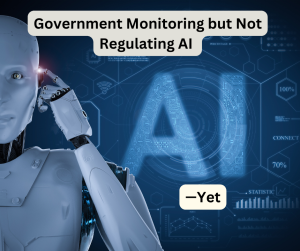Businesses using generative AI programs like ChatGPT to create any content—whether for blogs, websites or other marketing materials, and whether text, visuals, sound or video—need to ensure that they’re not inadvertently using copyrighted materials in the process.
Clearly, the times they are a changing….and businesses need to adapt to the changes. Employers should promulgate messages to their employees and contractors updating their policy manuals to ensure that communications professionals and others crafting content are aware of the risks of using AI-generated materials, which go beyond the possibility that they are “hallucinated” rather than factual—although that’s worth considering, too.
 Chicago Business Attorney Blog
Chicago Business Attorney Blog







